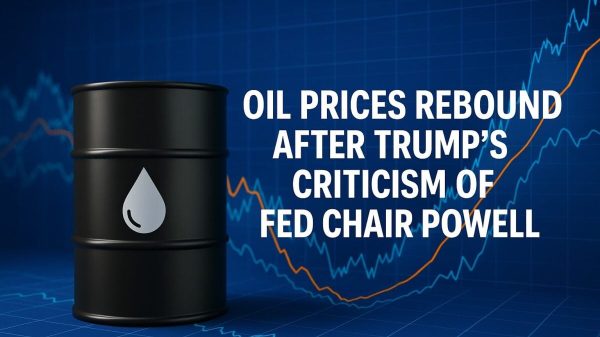Navigating Oil Profit Amidst Global Market Shifts
In a world driven by energy demands and economic intricacies, the International Energy Agency (IEA) recently delivered a sobering message—expect a slowdown in global oil demand until 2024. This revelation comes in stark contrast to the cautious optimism expressed by the oil-producing juggernaut, OPEC. In this ever-evolving landscape, understanding the dynamics of the oil market becomes paramount, especially as we explore the nuances of oil profit in the face of shifting tides.
The Current Landscape: Evidence of Softening Demand
The IEA’s recent monthly oil market report points to mounting evidence of a slowdown in oil demand, noting a decisive turn in market sentiment. Despite OPEC+ members announcing voluntary production cuts, global oil demand is anticipated to rise by 2.3 million barrels per day to reach 101.7 million in 2023. However, this projection masks the impact of a further weakening macroeconomic climate, prompting the IEA to revise its global consumption growth forecast downward by nearly 400,000 barrels in the fourth quarter.
The swelling US inventories and slump in the global stock market made the oil prices to reach low on Wednesday
Oil Prices and Global Outlook: A Tale of Two Perspectives
As oil prices face volatility, the divergence between the IEA and OPEC forecasts becomes evident. While the IEA warns of a drastic slowing in oil demand expansion, OPEC maintains a “cautiously optimistic” stance. The current international benchmark, Brent crude futures, trades at $75.31 per barrel, a 1.4% increase, and U.S. West Texas Intermediate crude futures trade at $70.36 per barrel, a 1.3% rise. These fluctuations underscore the uncertainty in the market and the challenge of predicting oil prices amid geopolitical and economic variables.
IEA vs. OPEC: Clash of Perspectives
A notable disparity emerges between the IEA and OPEC, especially regarding their outlook on oil demand growth. The IEA’s projection of 1.1 million barrels per day for 2024 clashes sharply with OPEC’s forecast of 2.25 million barrels per day, creating an atmosphere of uncertainty for investors and stakeholders. OPEC attributes recent oil price downturns to “exaggerated concerns” about demand growth, standing firm in its belief that oil market dynamics will remain favourable in 2024.
The Road Ahead: Trade Oil Wisely Amidst Market Volatility
As businesses and investors navigate through these conflicting perspectives, the keywords of refined oil and oil rig gain prominence. The refinement process and exploration activities will be crucial in adapting to the changing market dynamics. Additionally, understanding the cheapest oil prices and exploring strategies to capitalize on them becomes essential. Amidst the uncertainty, savvy players in the industry will need to strategize and position themselves to thrive in a market that promises challenges as well as opportunities.
The world of oil profit is undergoing a paradigm shift, with the IEA predicting a prolonged slowdown in demand until 2024. Navigating this landscape requires a keen understanding of the market’s nuances, from the clash of perspectives between the IEA and OPEC to the implications of the cheapest oil prices. As oil prices continue to fluctuate, businesses and investors must stay vigilant, adapting strategies to seize opportunities amidst the evolving challenges. In the realm of oil, staying informed and agile will be the key to not just survival but thriving in the face of market uncertainties.
The post Navigating Oil Profit Amidst Global Market Shifts appeared first on FinanceBrokerage.

































